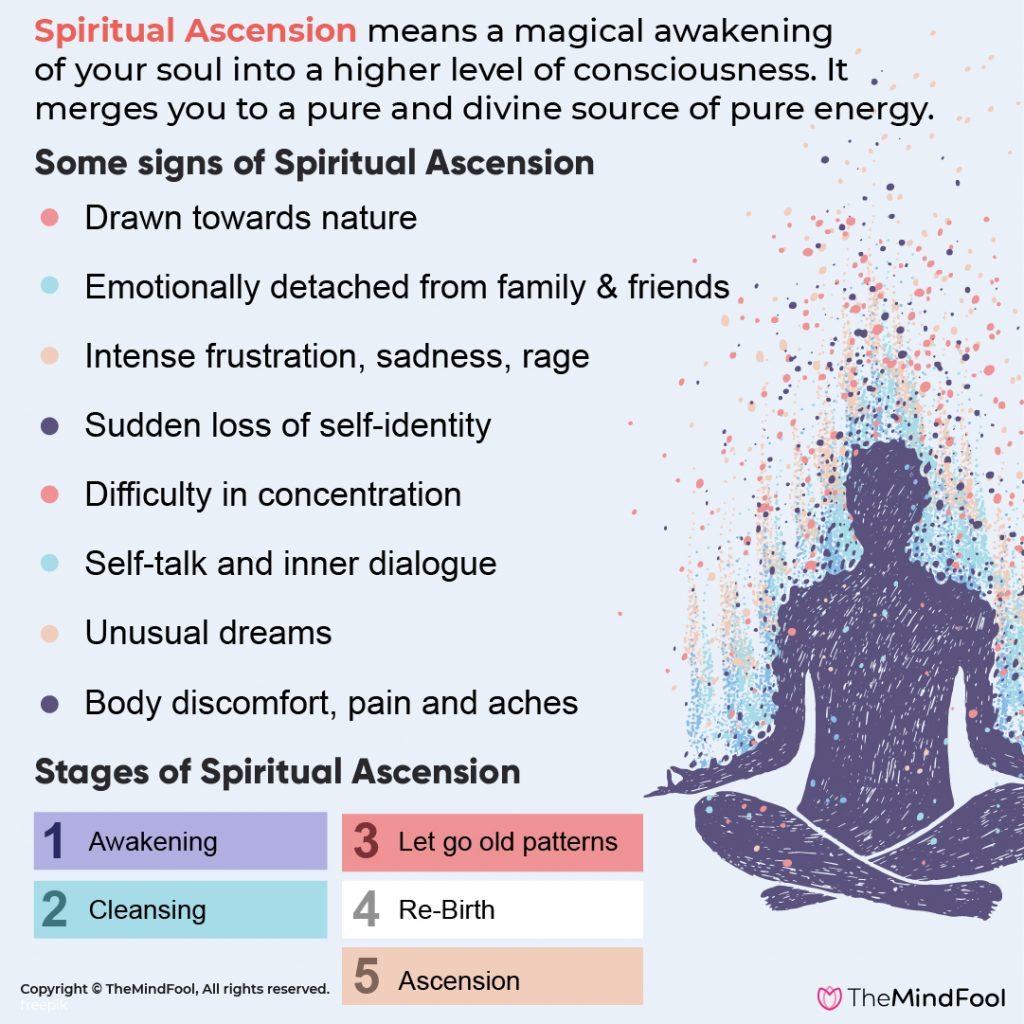

This act of accepting revealed truth broadens the horizon of our knowledge and draws us to the mystery in which our lives are immersed. We have to accept what God reveals to us about himself, about ourselves, about everything around us, including the things that are invisible, inexpressible and beyond our imagination. To believe means first to accept as true what our mind cannot fully comprehend. Faith is a deeply personal and human act, an act which has two aspects. For there we find life’s ultimate meaning.ĭear brothers and sisters, I have taken as the motto of my pilgrimage to Poland in the footsteps of John Paul II the words: “ Stand firm in your faith!” This appeal is directed to us all as members of the community of Christ’s disciples, to each and every one of us.

We are called to look towards this divine reality, to which we have been directed from our creation.

Here on earth, we are called to look up to heaven, to turn our minds and hearts to the inexpressible mystery of God. But for us, at a distance of two thousand years, the meaning of that event is quite clear. Perhaps they only realized this at Pentecost, in the light of the Holy Spirit. We do not know whether at that precise moment they realized that a magnificent, infinite horizon was opening up before their eyes: t he ultimate goal of our earthly pilgrimage. T hey looked up to heaven because they looked to Jesus Christ, the Crucified and Risen One, raised up on high. That is when the question arises: Is this all there is? Is this earth on which “we stand” our final destiny?Īnd so we need to turn to the second part of the biblical question: “Why do you stand looking up to heaven?” We have read that, just as the Apostles were asking the Risen Lord about the restoration of Israel’s earthly kingdom, “ He was lifted up and a cloud took him out of their sight.” And “they looked up to heaven as he went”(cf. Here too we experience the weariness of those who make their way towards a goal by long and winding paths, amid hesitations, tensions, uncertainties, in the conviction that the journey will one day come to an end. Here we do good in the many areas of everyday life, in the material and spiritual realms, in our relationships with other people, in our efforts to build up the human community and in culture. “We stand” on the earth, we are rooted in the earth and we grow from it. But we also know that God was not resigned to this situation, but entered directly into humanity’s history, which then became a history of salvation. We know that man went astray, misused the gift of freedom and said “No” to God, thus condemning himself to a life marked by evil, sin, suffering and death. He gave them the dignity of being children of God and the gift of immortality. Then, at the completion of this work, he bestowed life on men and women, creating them in his own image and likeness (cf. Almighty God, in his ineffable plan of love, created the universe, bringing it forth from nothing. First, the earth: “Why do you stand?” – Why are you here on earth? Our answer is that we are here on earth because our Maker has put us here as the crowning work of his creation. The question has to do with our attitude to two basic realities which shape every human life: earth and heaven.


 0 kommentar(er)
0 kommentar(er)
